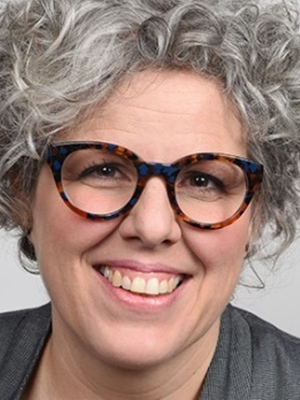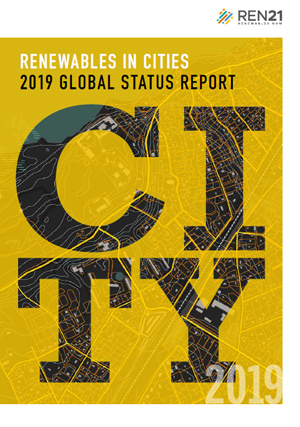26 November 2019
The Clean Energy Solutions Center, in partnership with the Renewable Energy Policy Network for the 21st Century (REN21), co-hosted this webinar in coordination with the launch of REN21’s Renewables in Cities 2019 Global Status Report.
Cities account for around 75% of carbon dioxide emissions, and they play a key role for addressing climate change. Cities are stepping up to this responsibility, putting them at the forefront of the global energy transition. They have taken a leading role in addressing climate change and setting city-level targets to reduce emissions. But despite the level of activity at the city-level, data are disaggregated and often are not comparable across cities. This limits how national policymakers can use this information to document progress on its NDCs.
So, what is happening? Who is doing what? REN21’s newly released Renewables in Cities 2019 Global Status Report starts this process of building of a continuous and standardised data collection process that is needed to inform and track advancements in how countries are meeting their NDCs.
Participants in this webinar heard how cities are driving the energy transition with renewables, and they learned what integrated approaches can advance the uptake of sustainable energy in all sectors. They also discussed how improved policies and regulatory frameworks at city, state/regional and national levels can support this transition.
A question-and-answer session was moderated by Laura Williamson, Outreach and Communication Manager, REN21.
Presenter
Rana Adib, Executive Secretary, REN21
 Rana Adib is the Executive Secretary of REN21, which is a global public-private multi-stakeholder network on renewable energy headquartered at the United Nations Environment Program in Paris, France. Previously, she was REN21’s Research Coordinator, developing the international expert community and leading the Renewables Global Status Report series to become an international reference. Before REN21, she worked in private industry applied research in the areas of renewable energy, energy access, and waste management. She was also responsible for coordinating the biogas-to-energy research program of Veolia Environment. She has more than 20 years’ experience in the energy sector. Ms. Adib holds a Master’s degree in industrial engineering from the University of Wedel in Germany.
Rana Adib is the Executive Secretary of REN21, which is a global public-private multi-stakeholder network on renewable energy headquartered at the United Nations Environment Program in Paris, France. Previously, she was REN21’s Research Coordinator, developing the international expert community and leading the Renewables Global Status Report series to become an international reference. Before REN21, she worked in private industry applied research in the areas of renewable energy, energy access, and waste management. She was also responsible for coordinating the biogas-to-energy research program of Veolia Environment. She has more than 20 years’ experience in the energy sector. Ms. Adib holds a Master’s degree in industrial engineering from the University of Wedel in Germany.


